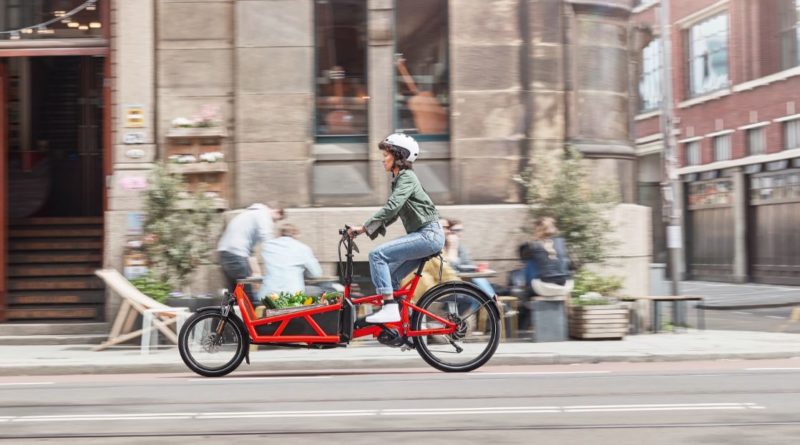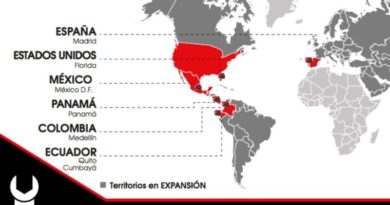Cargo bike use flourishes as EU cycling initiative spend accelerates
A growth in spend on cycling initiatives in Europe has naturally stimulated active transport, but alongside this new data shows utility cycling continues to be a key beneficiary, prompting fast growth in cargo bike sales.
“Between 2007 and 2013, the EU spent €700 million for bike and pedestrian initiatives – that figure rose to €2 billion in the period 2014-2020,” the European Cyclists’ Federation (ECF) told the Brussels Times.
“….this amount is only expected to grow with the launch of the European Green Deal and a rise in the popularity of bicycle transportation…”
Furthermore, with the late 2021 signing of a new Urban Mobility Framework, EU member states are now prompted to begin a serious reassessment of transport priorities to drastically impact carbon emissions and lessen congestion.
Cargo bikes naturally catching attention
Providing some additional organic growth context for the aforementioned investment, Cycle Monitor Germany 2021 – produced and conducted by the SINUS research institute, on behalf of the Federal Ministry of Transport and Digital Infrastructure – identifies that:
* Germany now has 1.2 million private users of cargo bikes (modal share doubled between 2019 and 2021) and 8.4 million potential buyers.
* Awareness of cargo bikes rose from 38% to 63% between 2017 and 2021. When asked if they could imagine buying a cargo bike, 7% answered yes in 2017, but by 202112% were enthused by the idea.
* In line with increased awareness, 103,000 new cargo bikes were sold in Germany in 2020, according to ZIV data.
The above observations are of the kind which saw Volkswagen Group CEO Herbert Diess announce, “In overcrowded urban centres the car will only be accepted in the future if the bike has enough space in the mobility mix.”
When a major motor manufacturer is watching your space with interest it comes as no surprise that the markets also take an active interest. News of the IPO of Danish-Estonian cargo bike manufacturer Hagen Bikes – founded in 2014, currently sell into 12 European countries – reaffirms a major shift in private transport viewpoint.
“Investors subscribed to shares of Hagen Bikes worth €7.45 million euros, while the company’s original goal was to raise €0.5 million.”
Of course for the cargo bike it is not just personal use, but increasingly businesses taking up fleets. The second annual City Changer Cargo Bike project has delivered the verdict that the sales growth rate is projected to be 65.9% ahead in 2021.
Analysts foresee that couriers may take over 40% of sales in the near term and possibly more if the likes of DHL and Asda continue their fleet expansions.
It would now appear that active transport funding is seen – at senior levels of government – as a popular and prudent investment. Paris rightly gains significant coverage for the transformation the city is undertaking. Many other countries will look to the European Green Deal as a potential source of funding for active transport and urban planning projects of their own.



